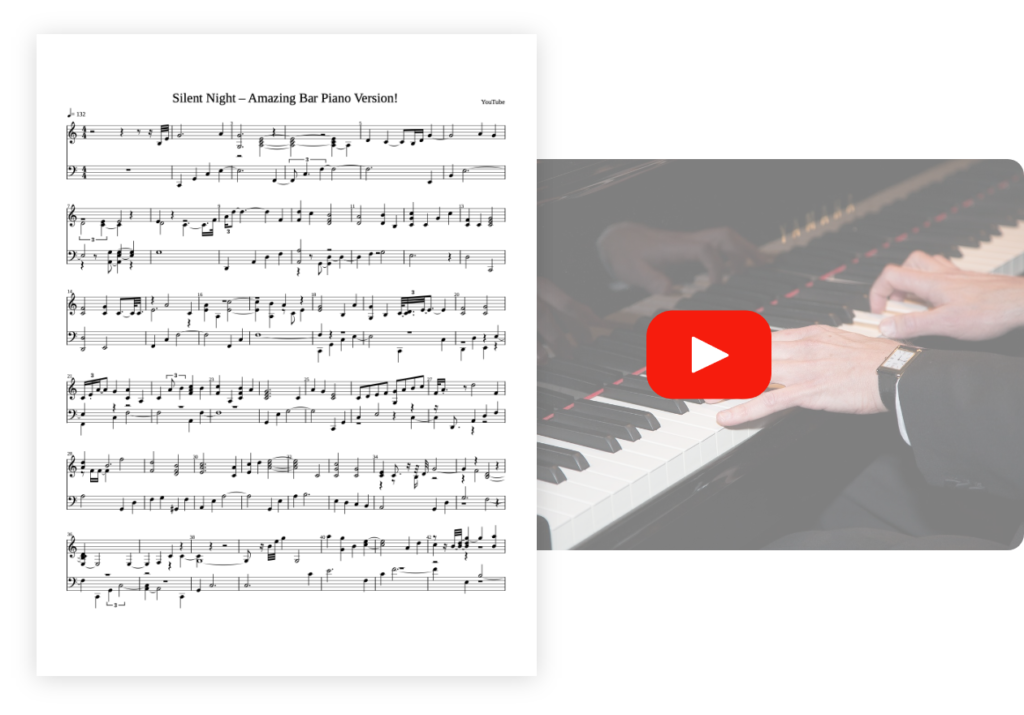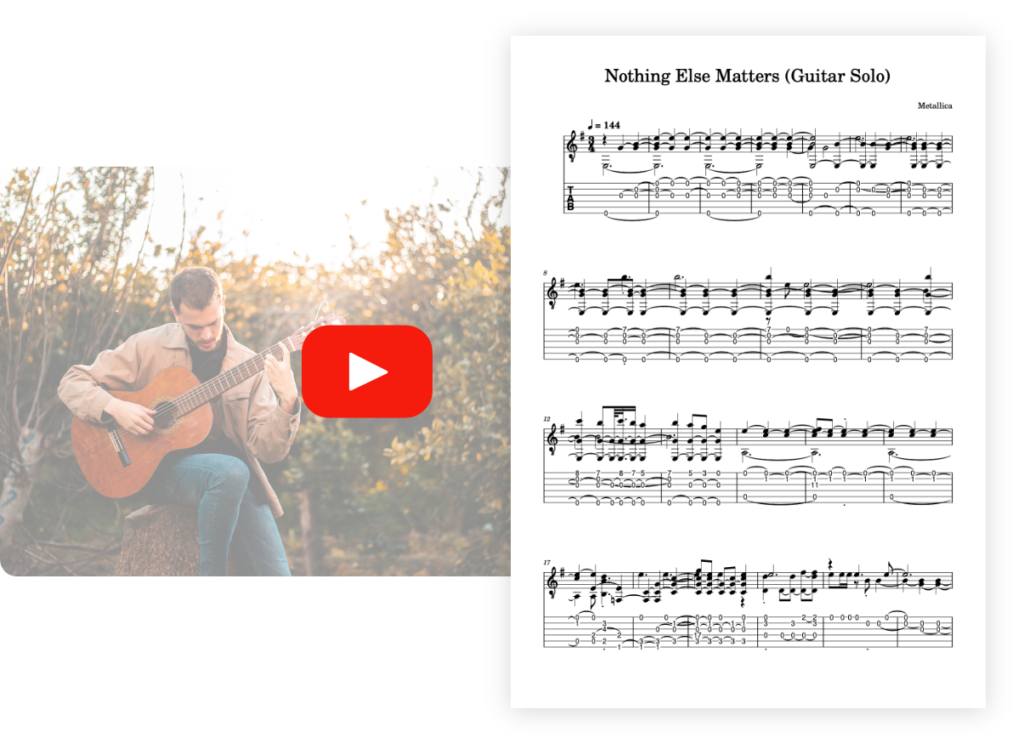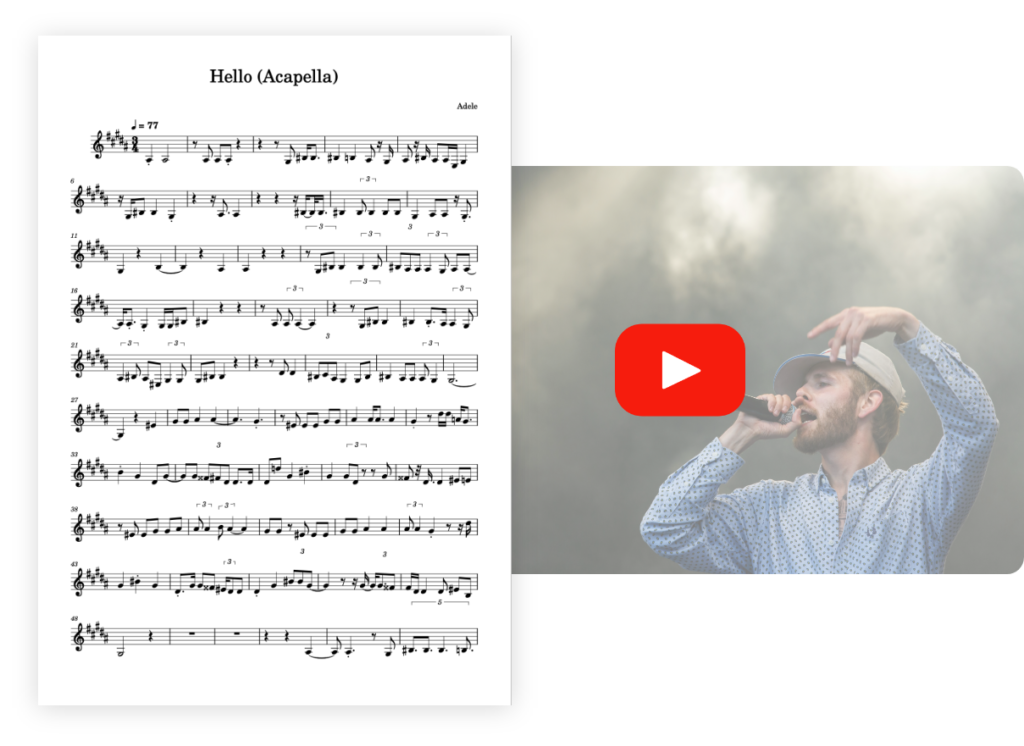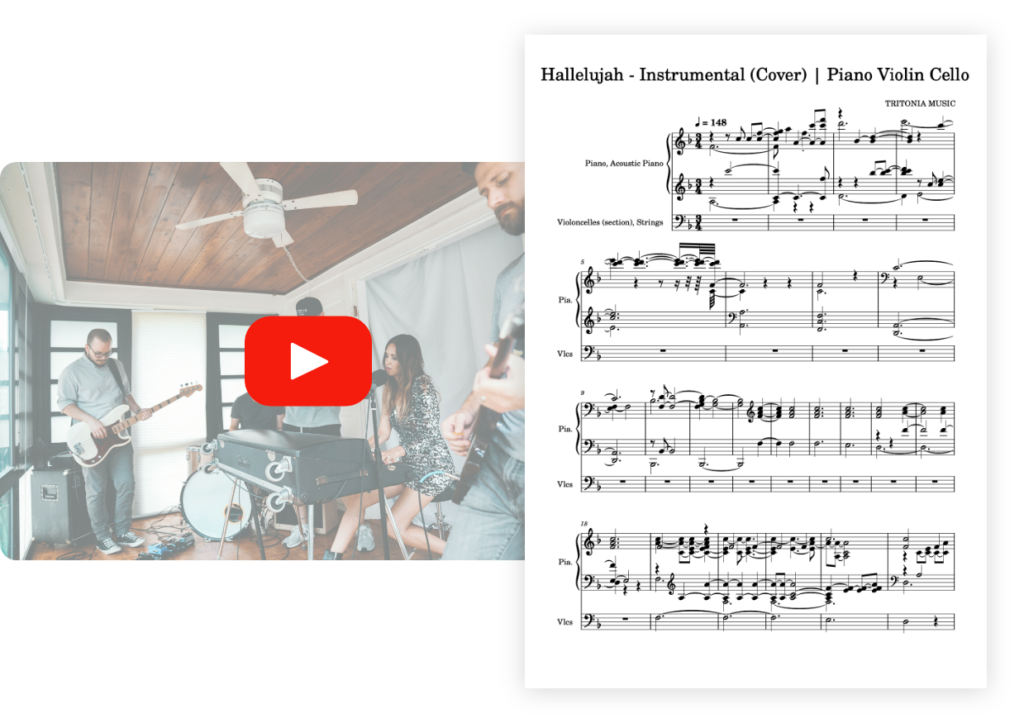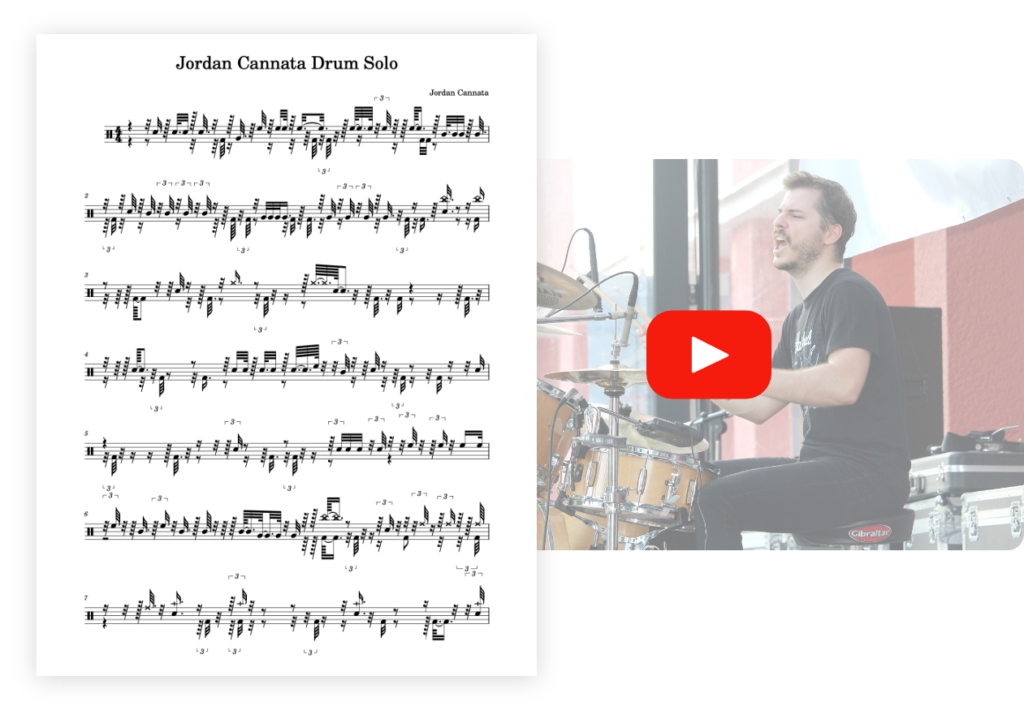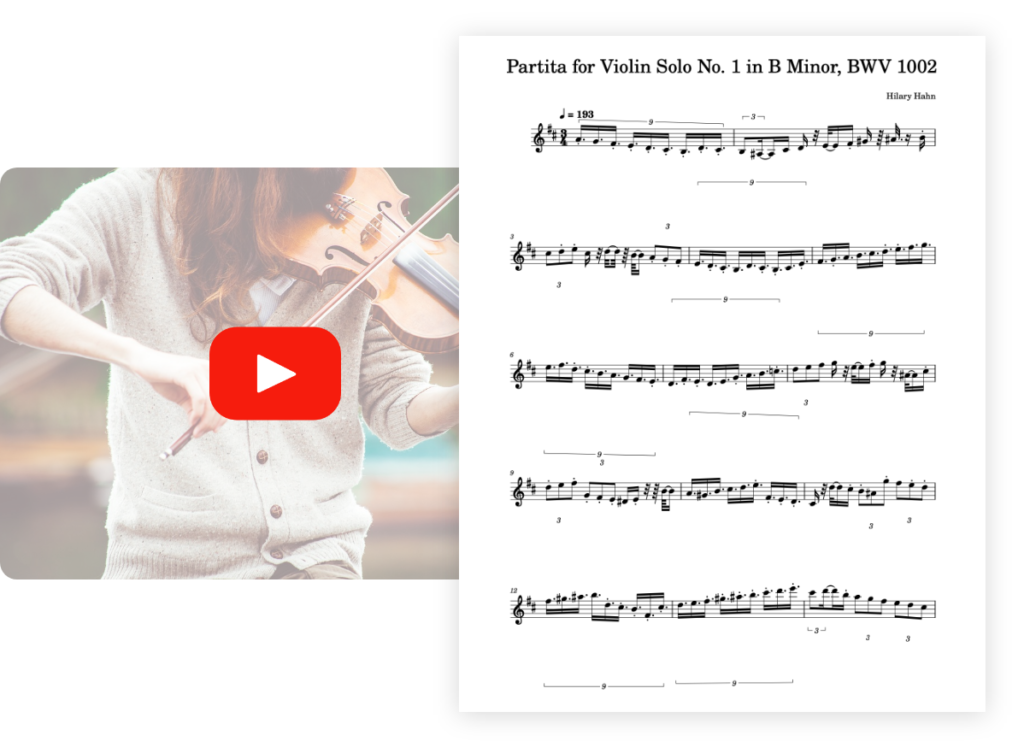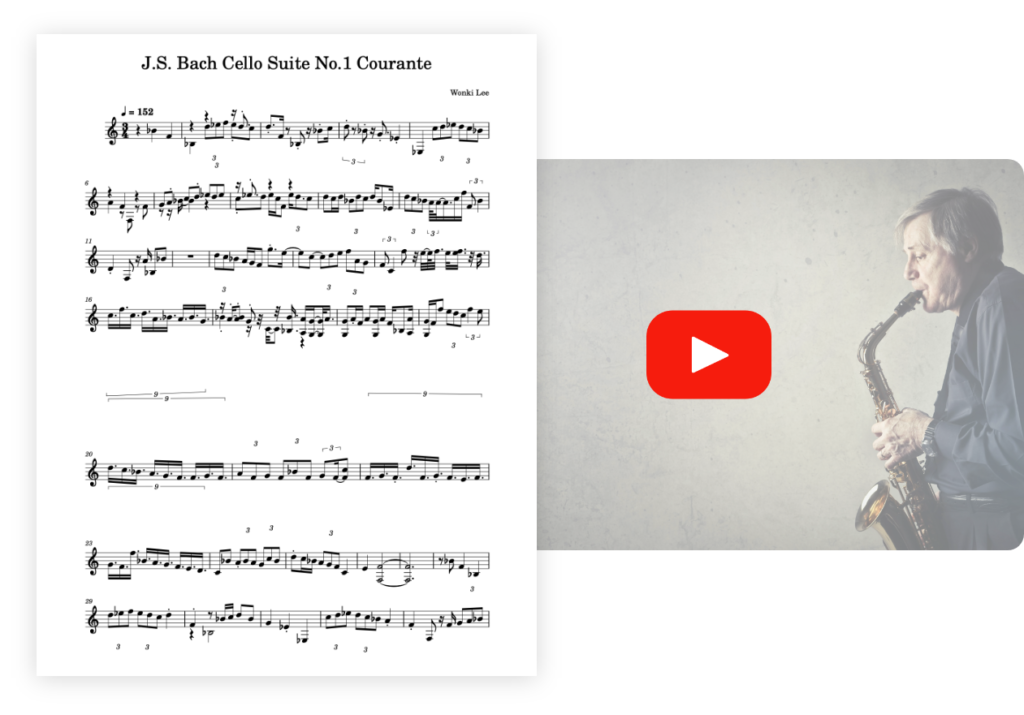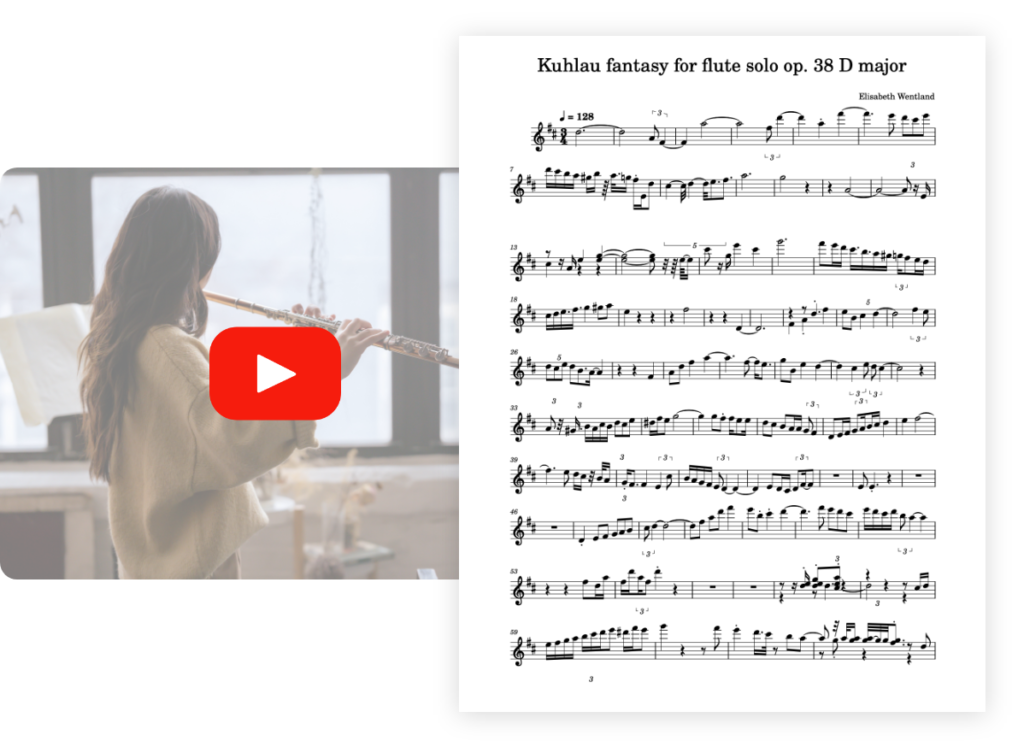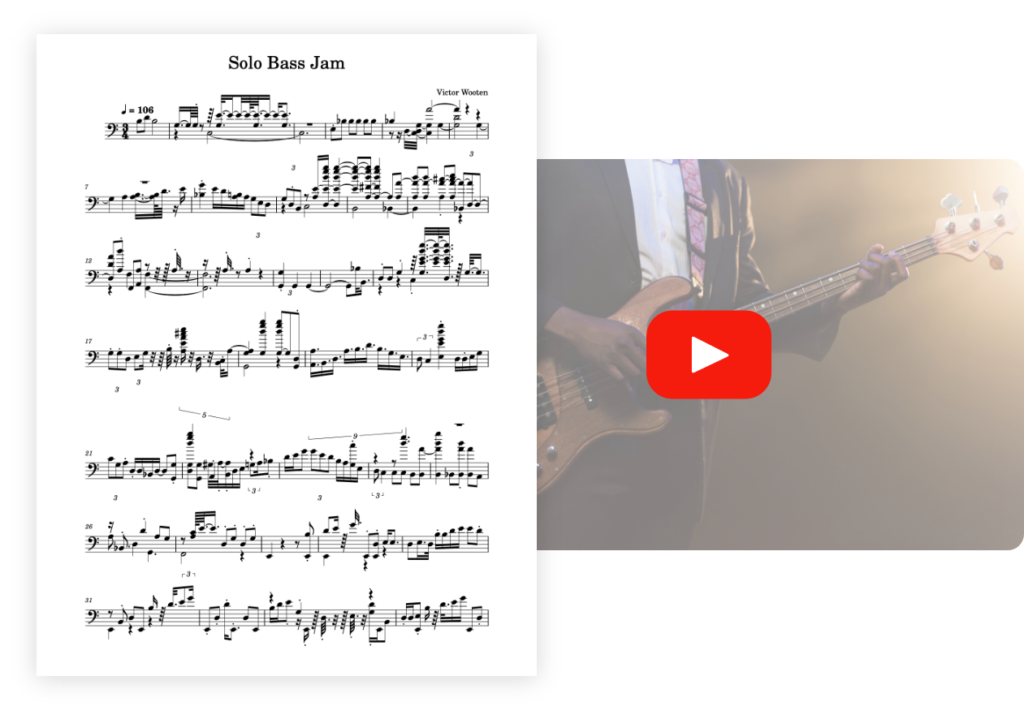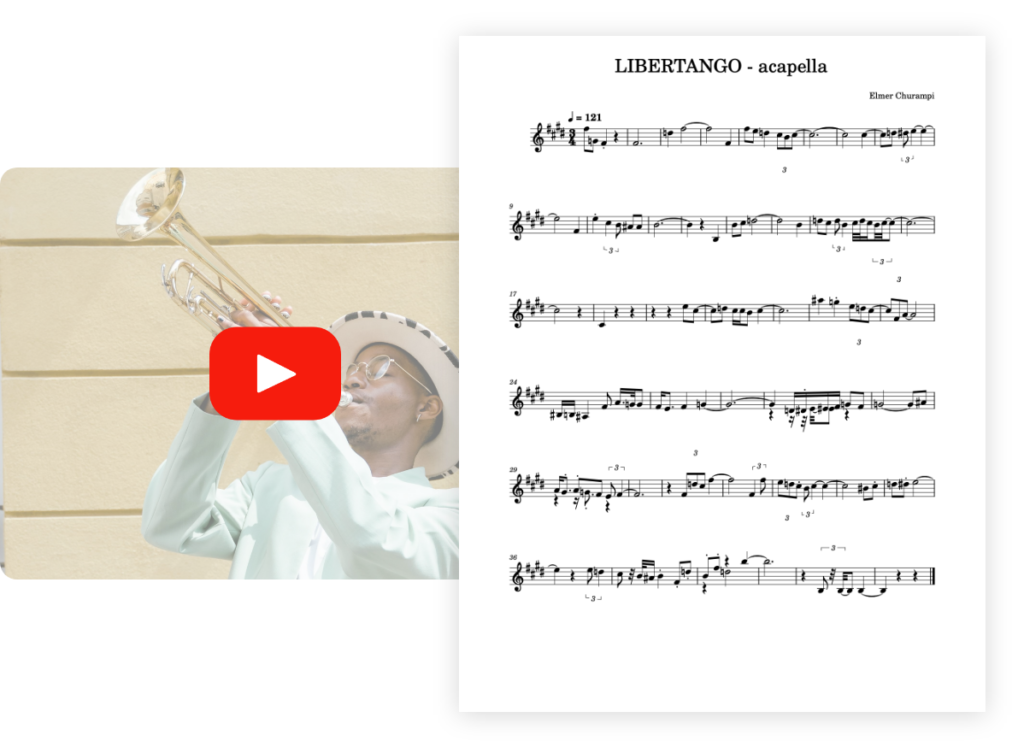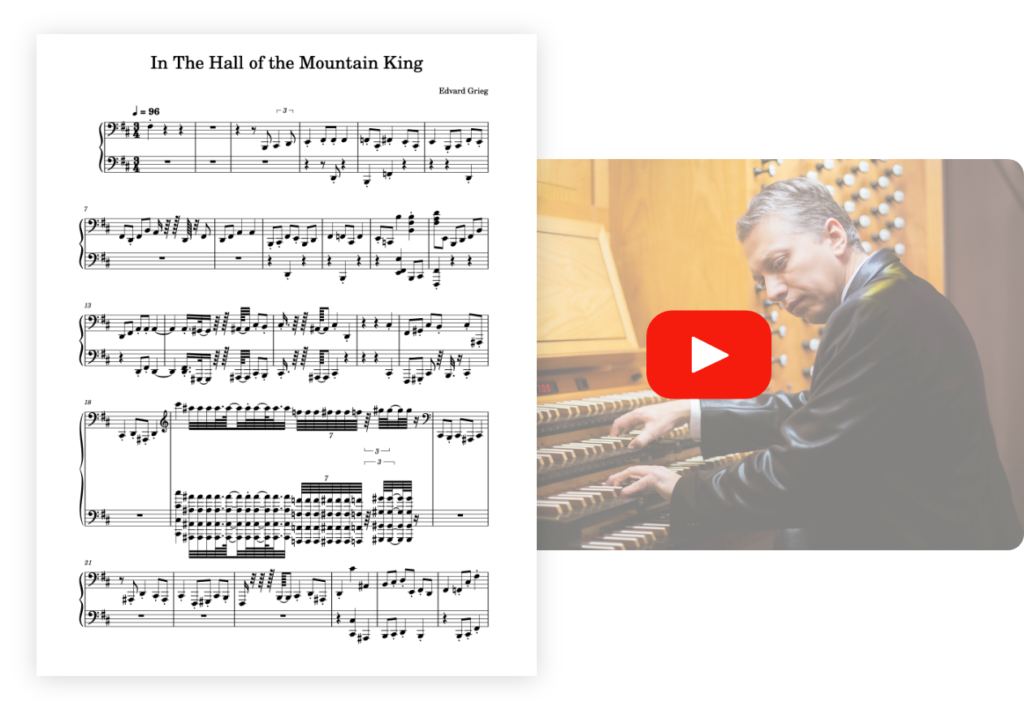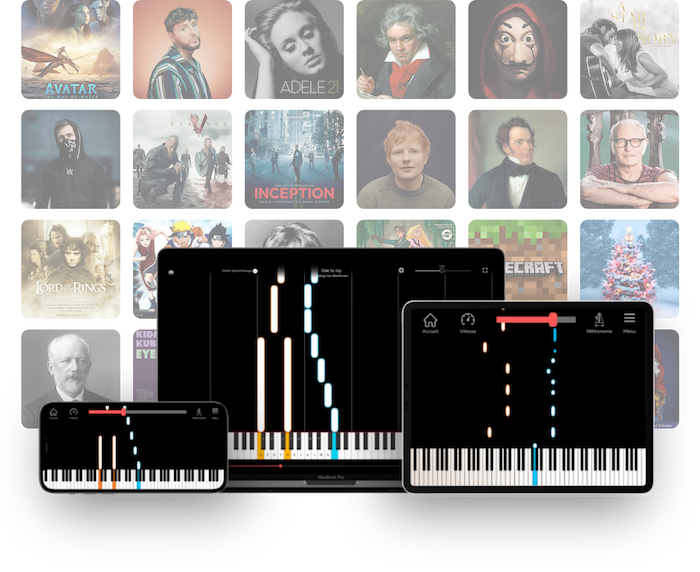The Advantages of Learning the Piano as an Adult
Cognitive Benefits
Learning to play the piano stimulates the brain, enhancing memory, concentration, and problem-solving skills. The hand-eye coordination required to play complex pieces also strengthens neural connections. For example, a study by the University of Montreal showed that pianists have a superior ability to process and memorize visual information.
Emotional and Well-being Benefits
Playing the piano helps reduce stress and improves mood. Music has a therapeutic effect, helping to express emotions and find mental balance. Many adults find that playing the piano after a day at work is an excellent way to unwind.
Flexibility of Learning as an Adult
As an adult, you have the freedom to choose the pieces you enjoy and learn at your own pace. Whether you prefer jazz, classical, or pop, there are always pieces suited to your taste. For example, starting with pieces like “Clair de Lune” by Debussy or “Imagine” by John Lennon can make the learning process more enjoyable.
Integrating Piano Learning into Adult Life
Lack of Time One of the main challenges for adults is finding time to practice. Here are some tips if you’re struggling with time:
- Dedicate 15 to 30 minutes a day to piano practice. This could be in the morning before work or in the evening before bed.
- Use a calendar to block specific time slots for practice. For instance, allocate a time slot after dinner specifically for playing the piano.
- If you’re short on time, even short 5-minute sessions can be effective if well-focused.
Motivation
- Choose pieces you enjoy: Playing pieces you love will encourage you to practice more. For example, if you like jazz, try pieces like “Autumn Leaves.”
- Set realistic goals: Define short- and long-term goals to track your progress. For example, learning a new piece each month or mastering a specific technique.
- Join a community: Find a group of amateur pianists to share your progress and challenges. Online forums and social media groups can be great sources of support and inspiration.

Piano Learning Frustration
Frustration is common when learning a new instrument. To overcome it:
- Focus on difficult sections and practice them slowly. For example, divide a piece into bars and work on them individually before putting them together.
- Accept that learning takes time, and every small improvement is a step forward. Keep a journal of your progress to see how you evolve over time.
- Metronomes and recorders can help you track your tempo and hear your progress.
First Steps Towards Becoming a Pianist
Choosing the Right Piano Acoustic vs. Digital Pianos Which is better suited for your learning, acoustic or digital?
Acoustic pianos offer exceptional sound quality but require regular maintenance, such as tuning. Digital pianos, on the other hand, are more affordable, require less upkeep, and allow you to play with headphones, making them ideal for nighttime practice.
Recommendations Based on Different Budgets For beginners, a high-quality digital piano like the Yamaha P-125 is an excellent choice. It offers good sound quality and weighted keys to mimic the feel of an acoustic piano. If you have a higher budget, consider an entry-level acoustic piano like the Yamaha U1, known for its durability and sound quality.
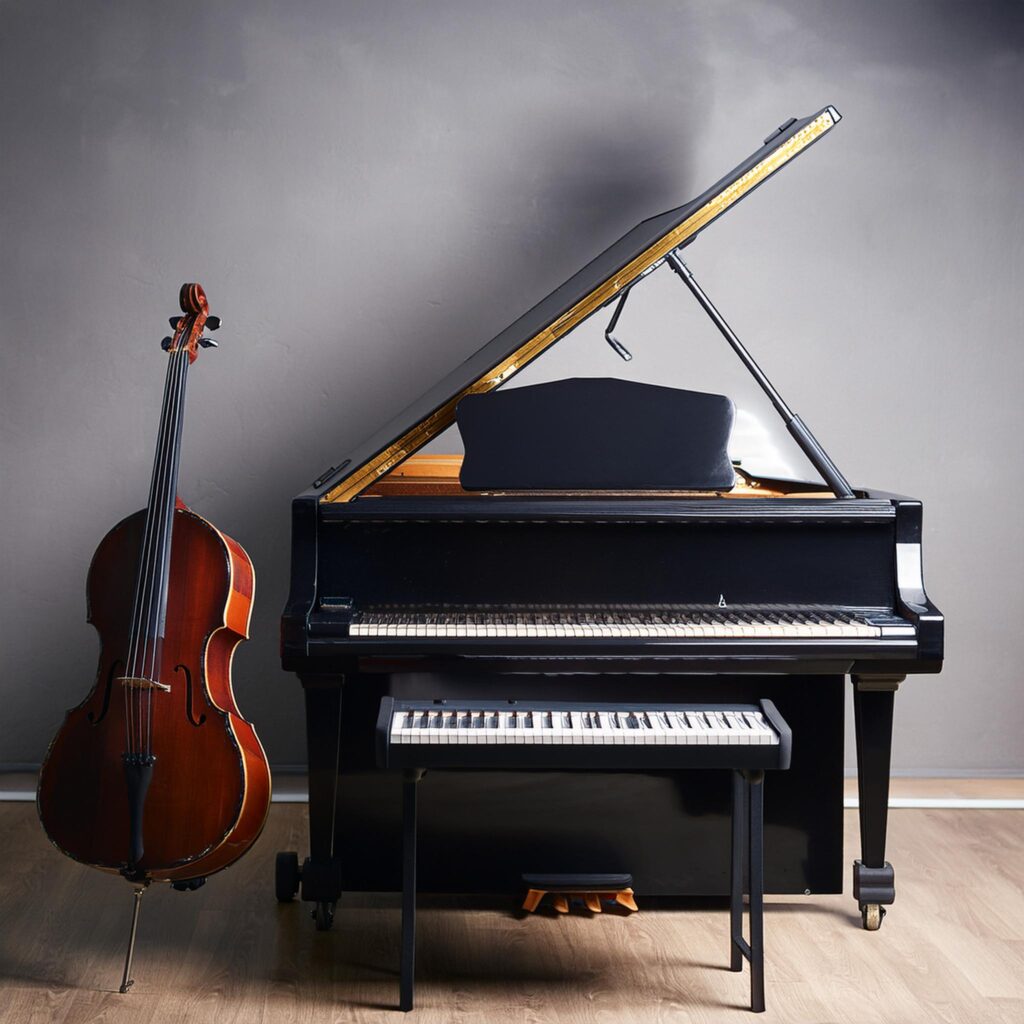
Different Piano Learning Methods for Adults
Apps
Apps like La Touche Musicale, Flowkey and Simply Piano are ideal for beginners. They offer interactive tutorials and a variety of pieces.
Hiring a Piano Teacher
A teacher can provide personalized guidance and real-time corrections. To find a good teacher, check online reviews or ask friends for recommendations. A good teacher will adapt their instruction to your needs and pace.

Online Resources
YouTube tutorials are an excellent complementary resource. Channels like Piano Lessons on the Web and HDpiano offer free lessons for all levels. Additionally, sites like La Touche Musicale offer structured courses and practical exercises.
Reading Sheet Music vs. Learning by Ear
Reading Sheet Music
Learning to read sheet music allows you to play a wide range of pieces and understand music theory. This can be especially helpful if you want to play classical or complex compositions.

Learning by Ear
This method develops your musical ear and makes it easier to improvise. It’s ideal for genres where improvisation is common, such as jazz. Combining both methods can offer a balanced and comprehensive approach to piano learning.
Conclusion
Learning the piano as an adult is a rewarding adventure full of challenges and benefits. In addition to the cognitive and emotional advantages, playing the piano offers a constant source of pleasure and creativity. Remember that the important thing is to enjoy the musical journey and the many benefits it brings. So why wait? Start your musical journey today and discover the pianist within you.




 PianoConvert
PianoConvert
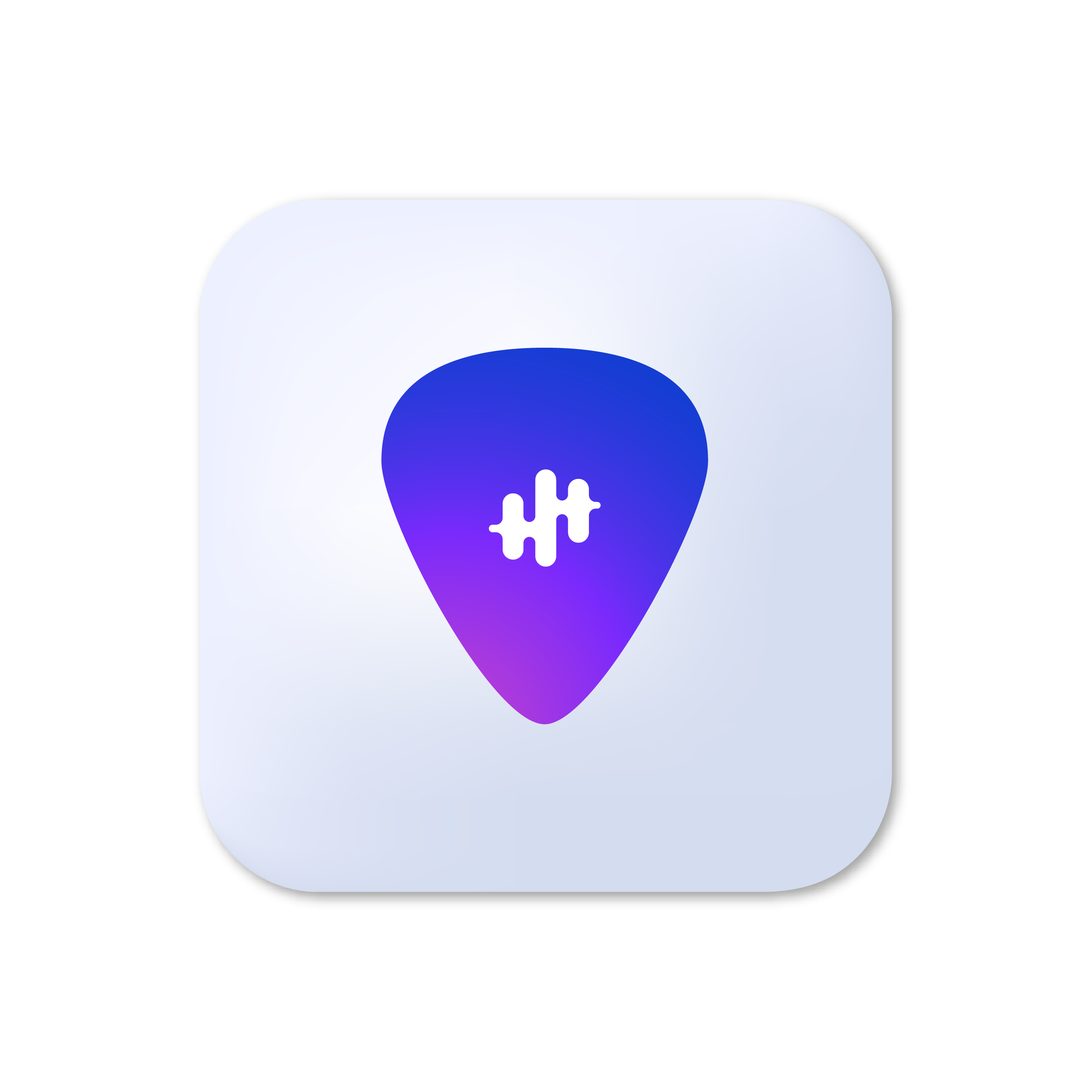 GuitarConvert
GuitarConvert
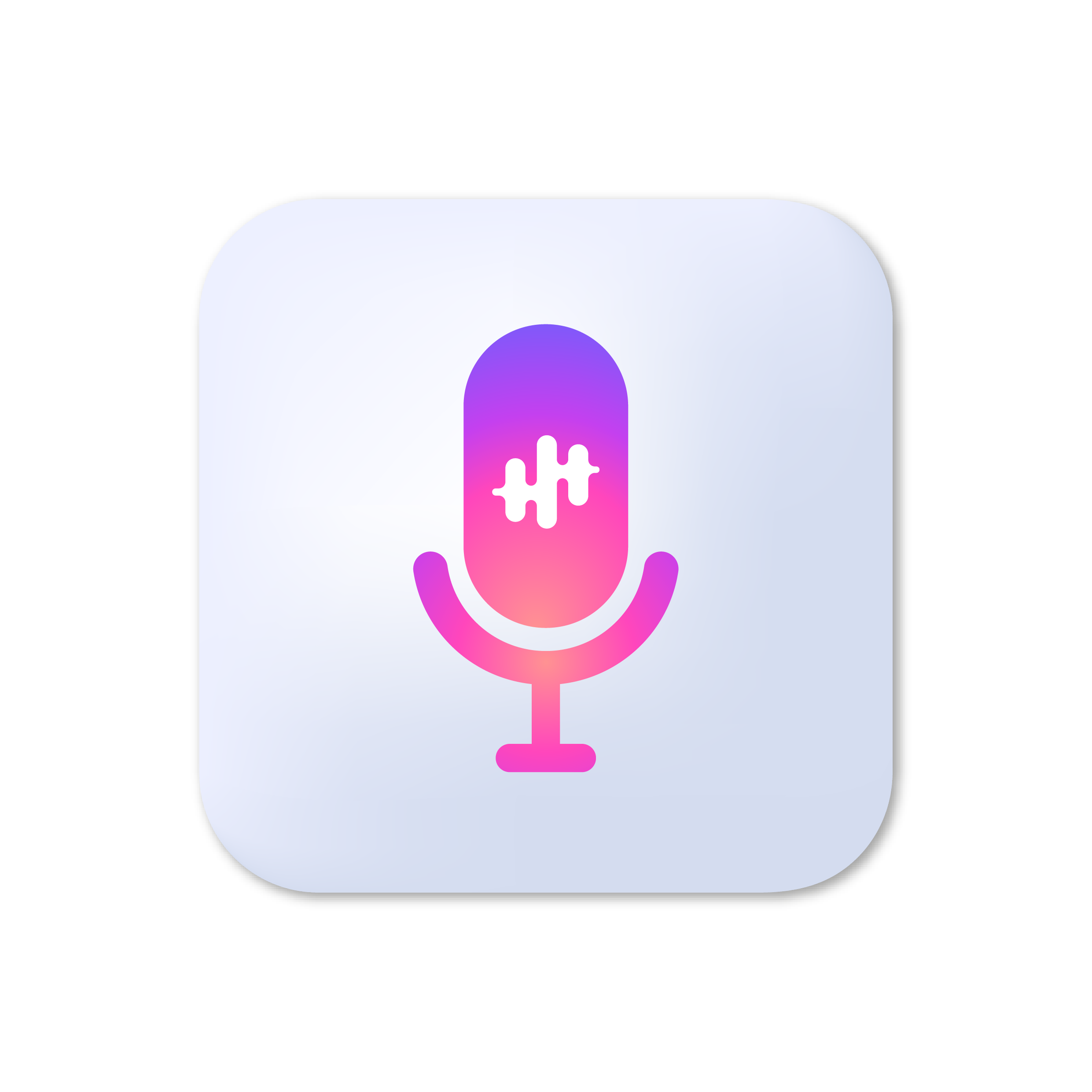 SingConvert
SingConvert
 BandConvert
BandConvert
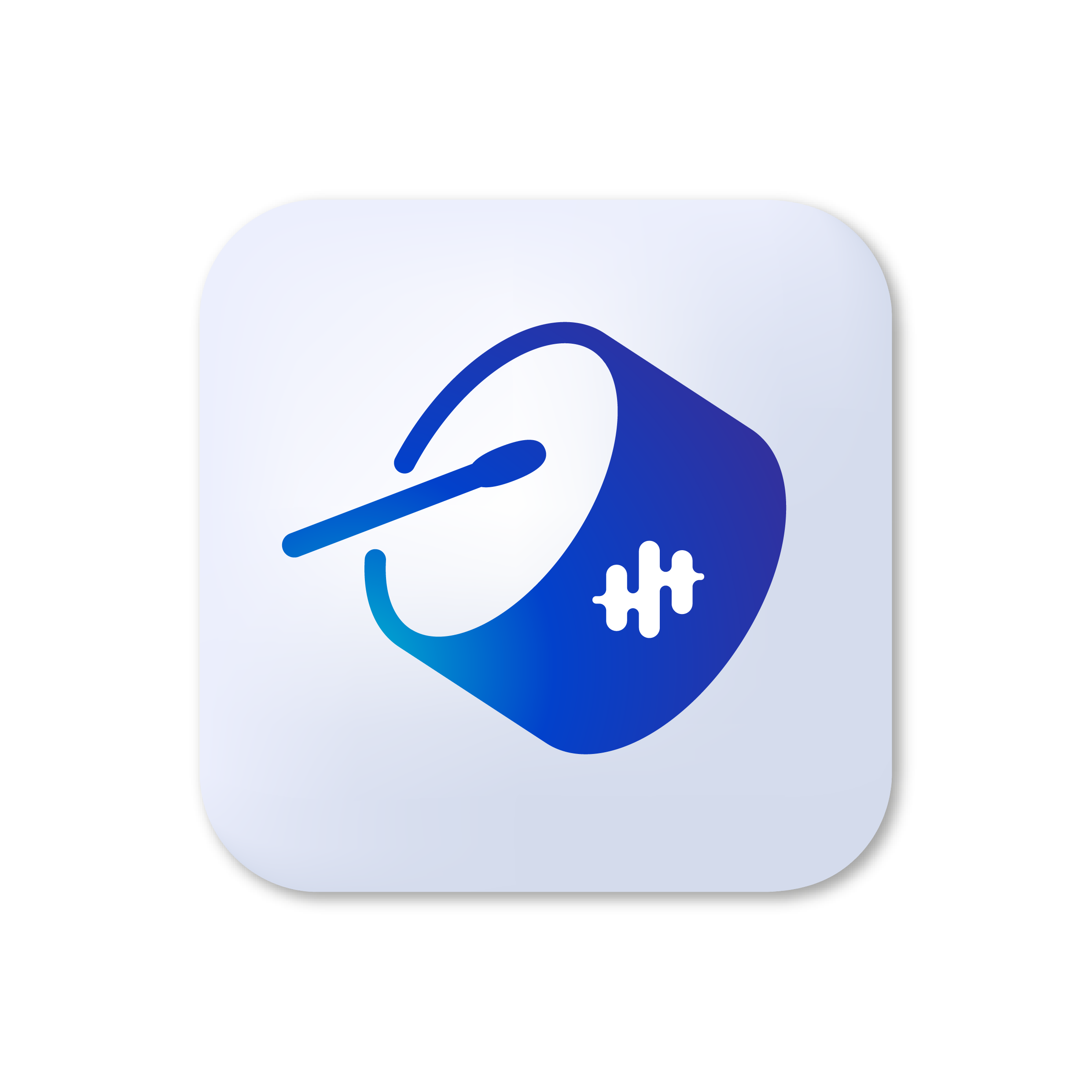 DrumConvert
DrumConvert
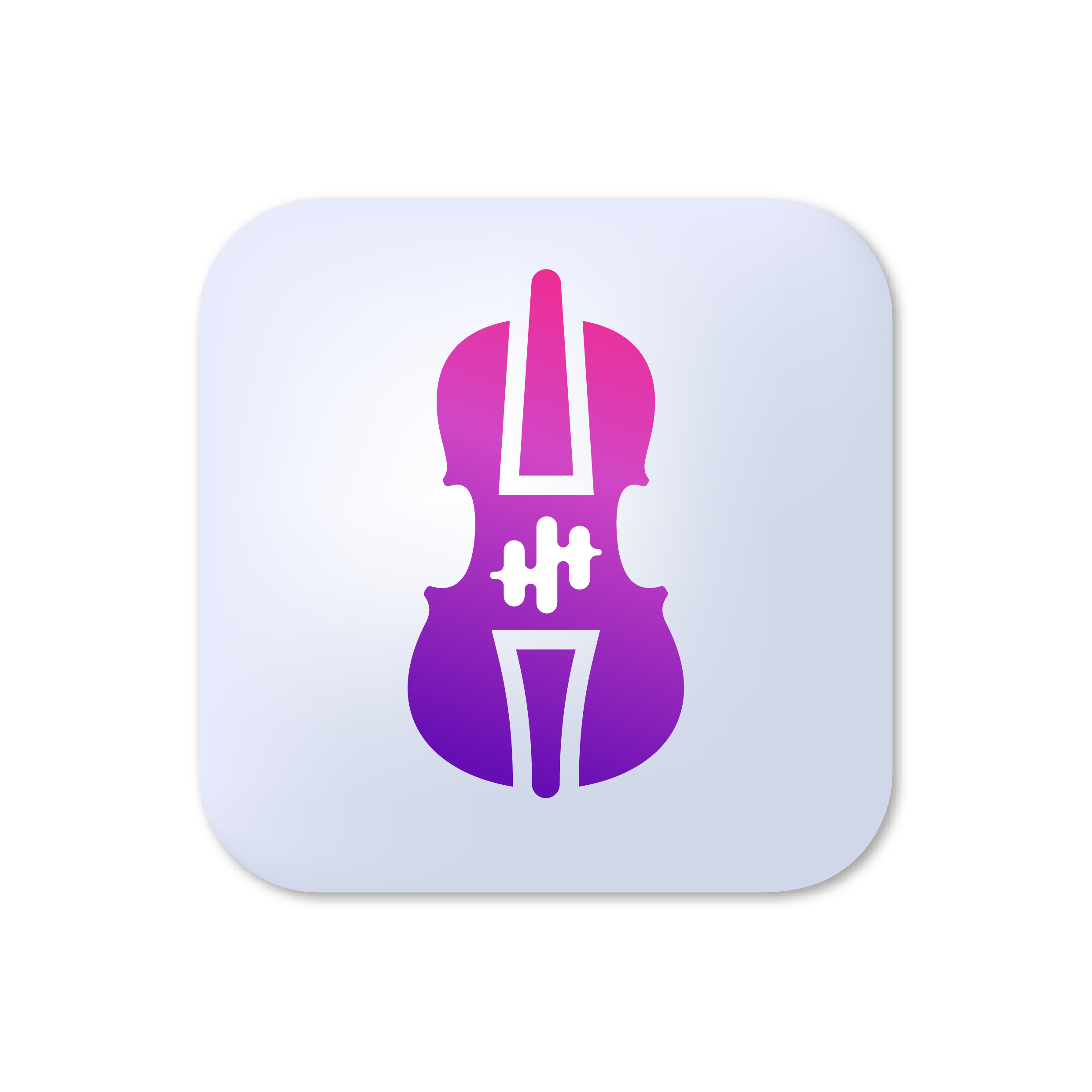 ViolinConvert
ViolinConvert
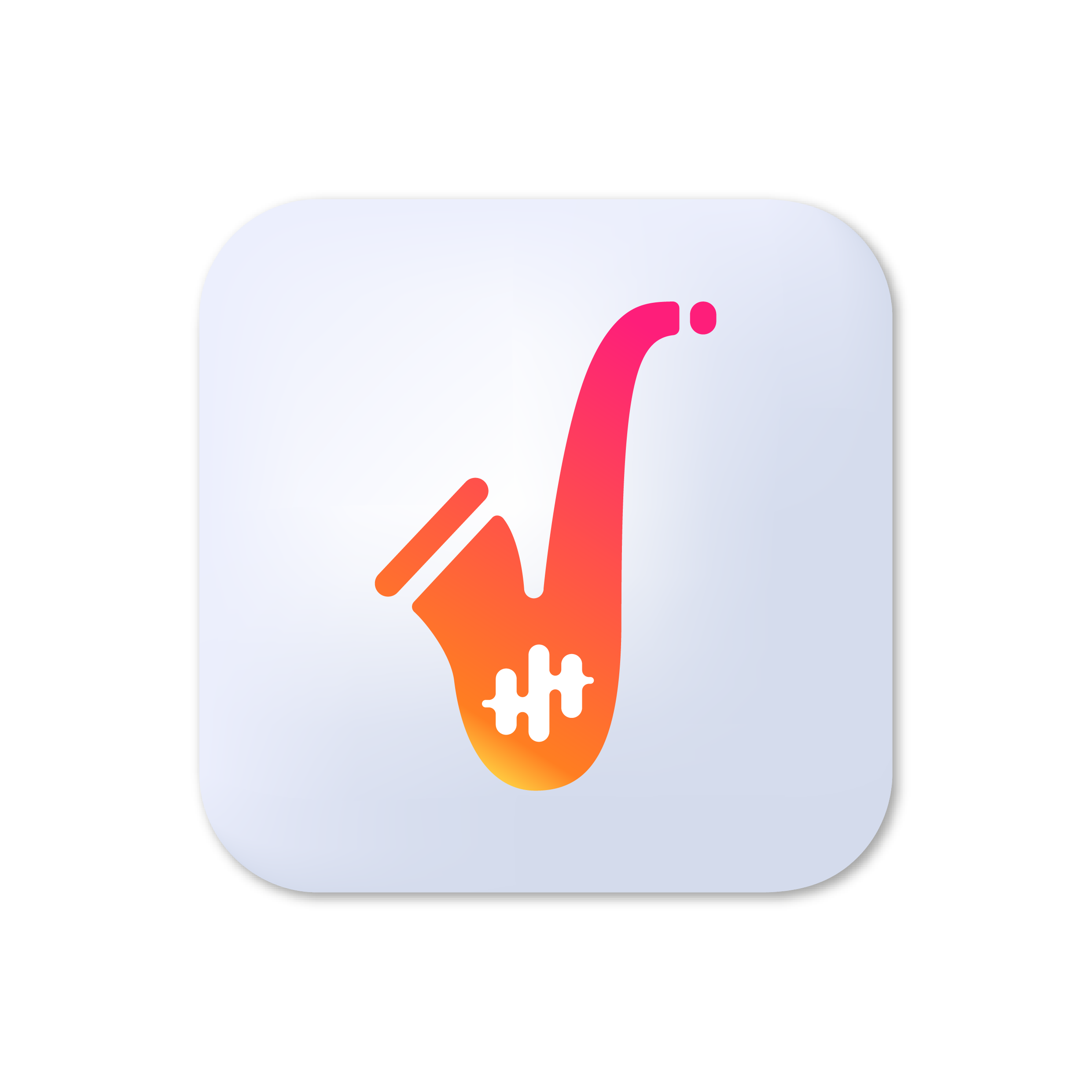 SaxConvert
SaxConvert
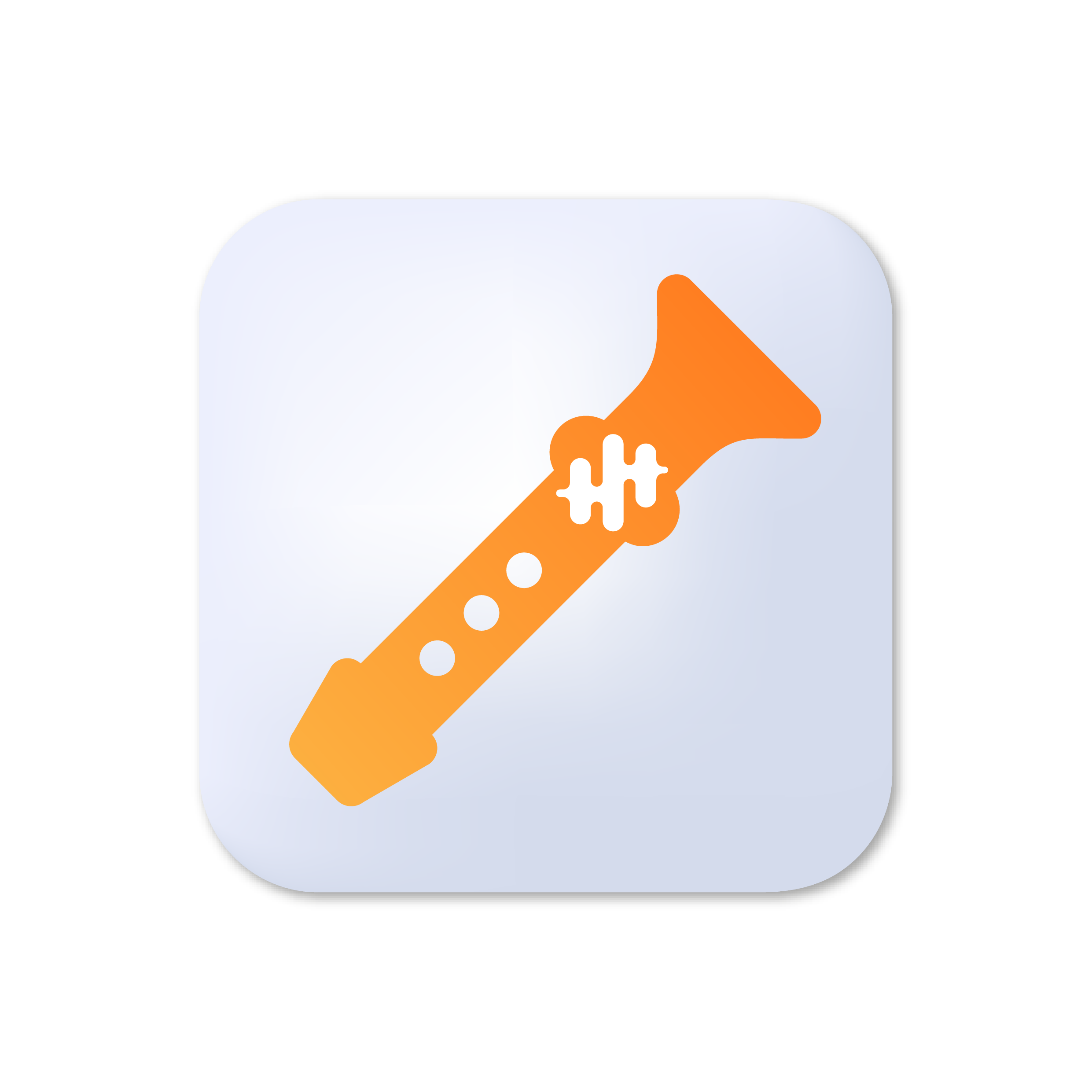 FluteConvert
FluteConvert
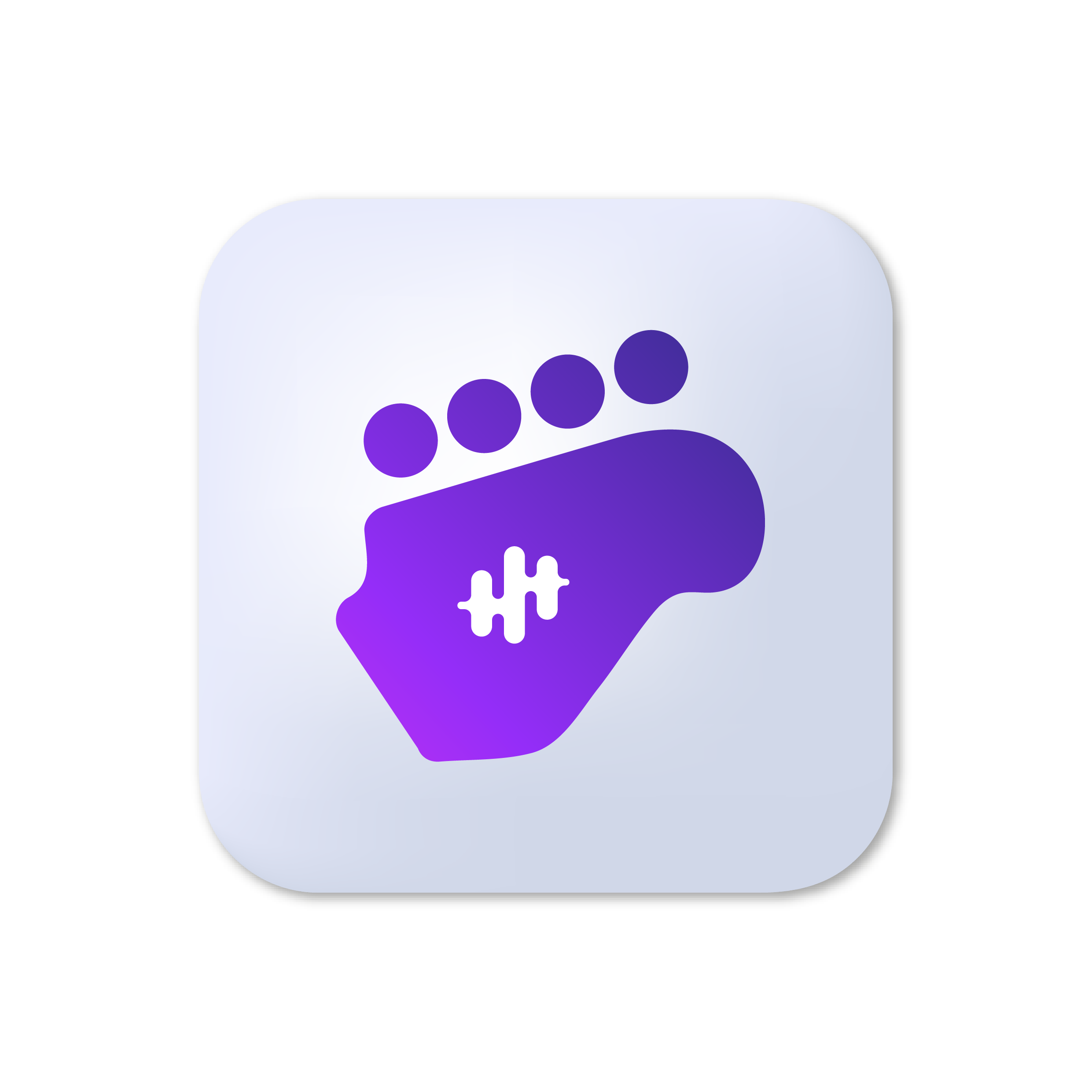 BassConvert
BassConvert
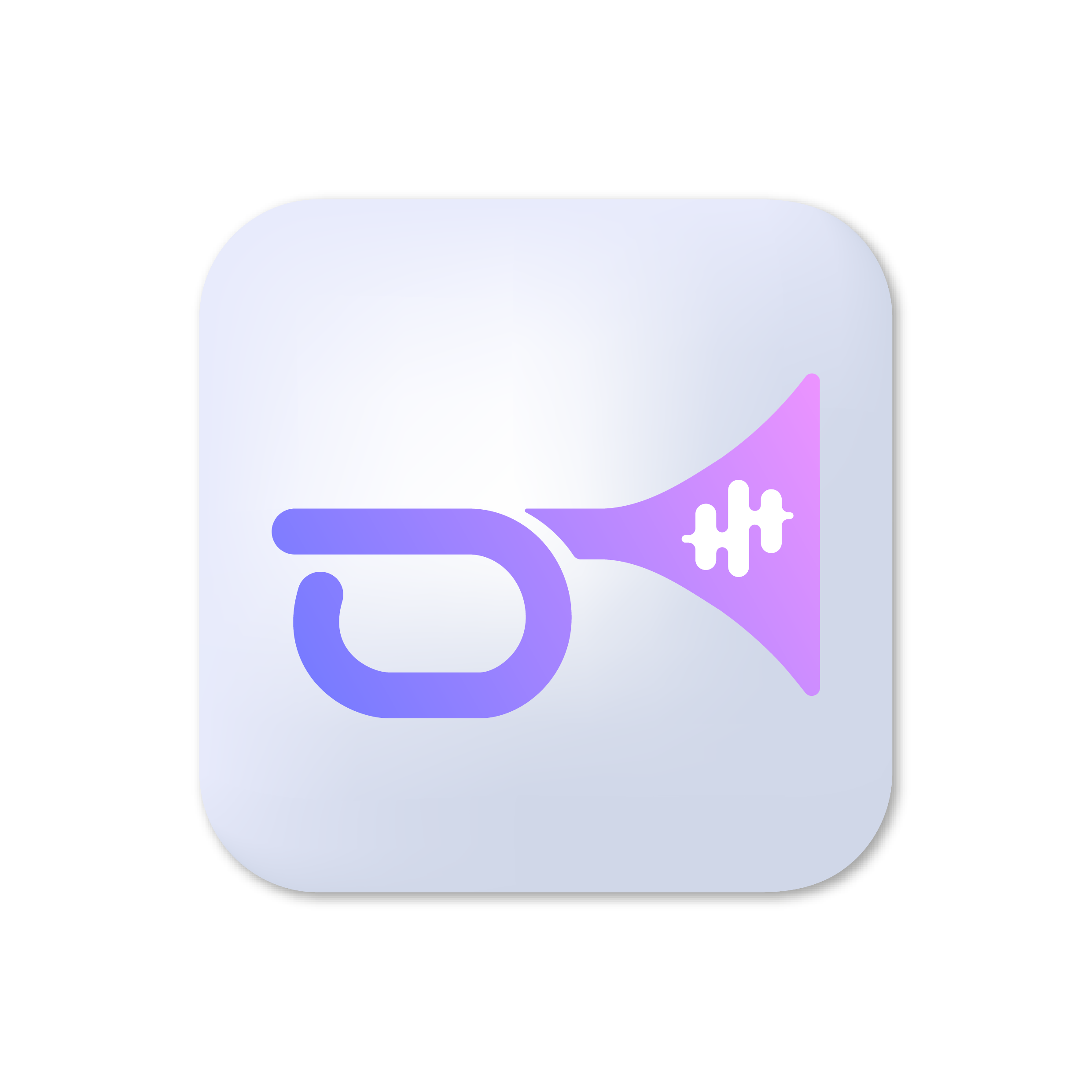 TrumpetConvert
TrumpetConvert
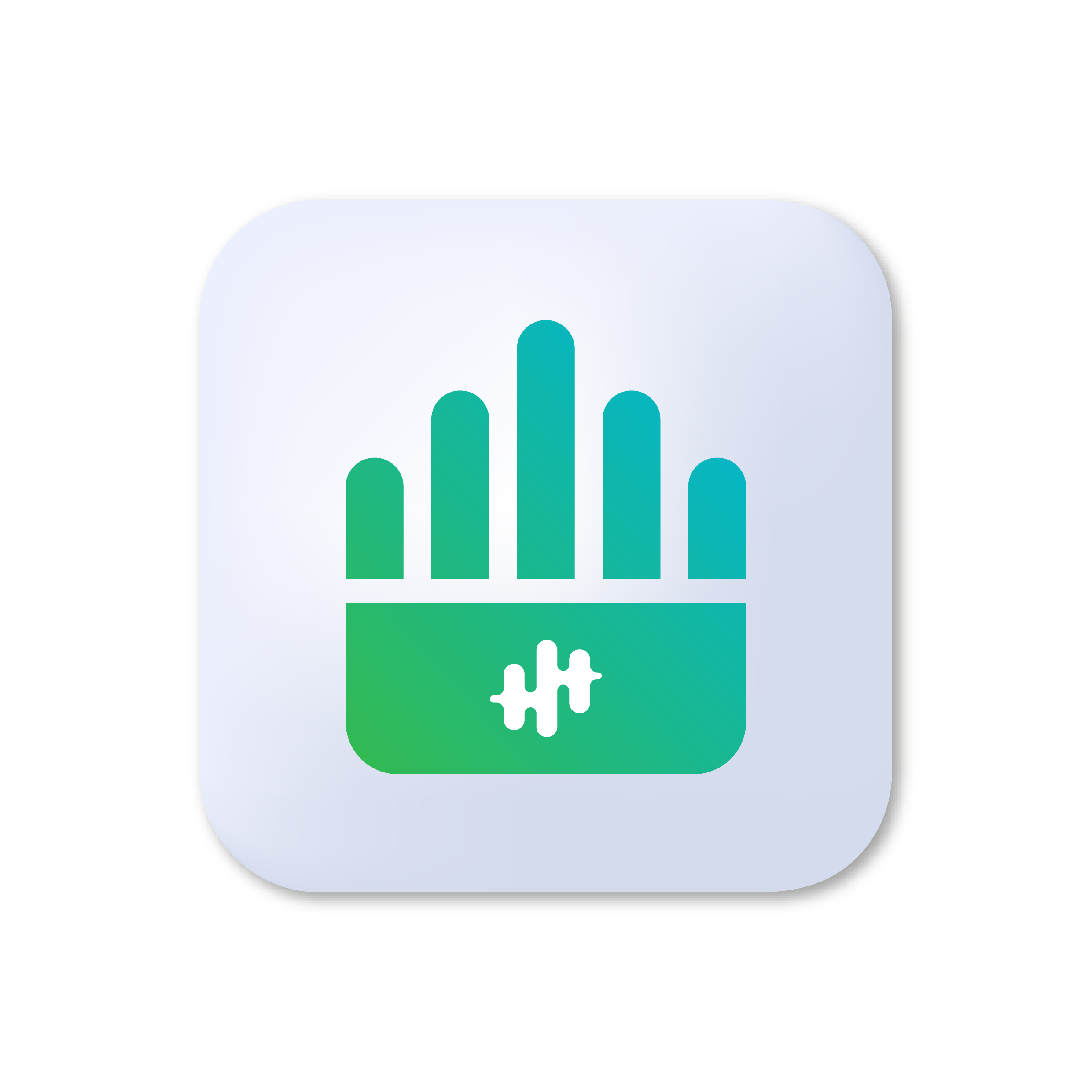 OrganConvert
OrganConvert
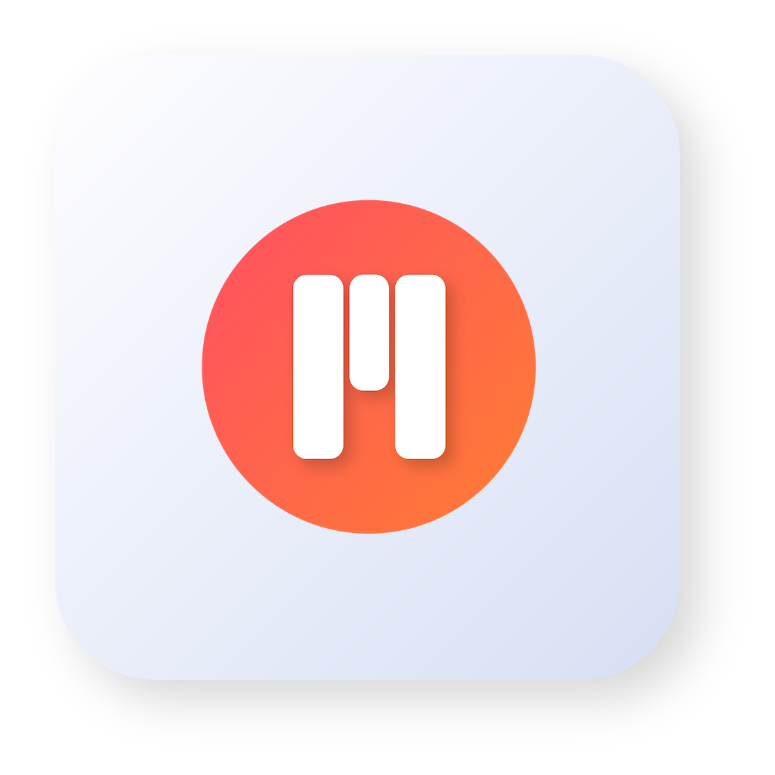 PianoGo
PianoGo


